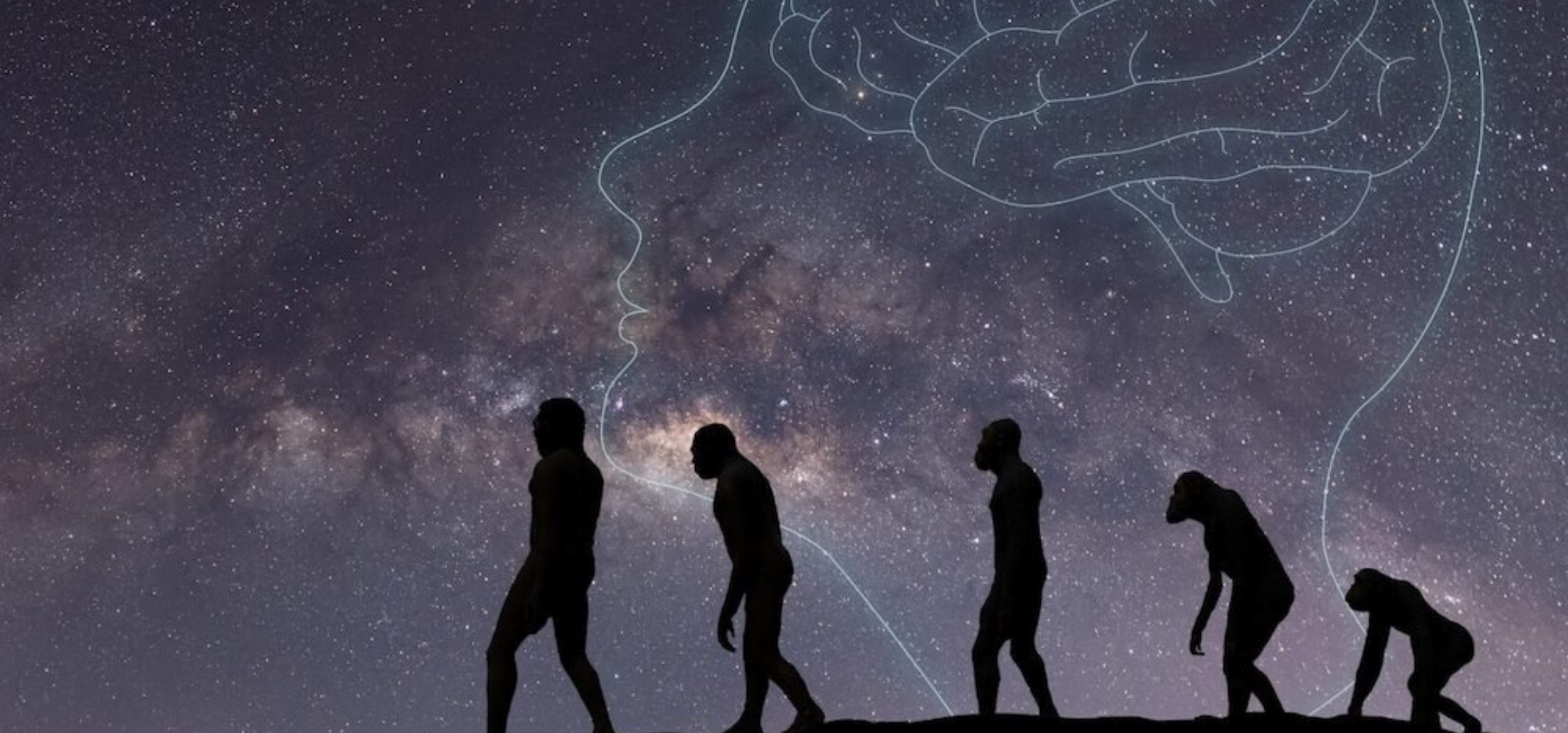The Origins of Modern Human Cognition
Modern human beings process information symbolically, rearranging mental symbols according to rules to envision multiple potential realities. They also express the ideas thus formed using structured articulate language. No other living creature does either of these things, reflecting a qualitative cognitive gulf between modern Homo sapiens and every other species in the Great Tree of Life on the planet. Yet it is evident that we are descended from an ancestor that was both nonsymbolic and nonlinguistic. How did the astonishing transformation to modern cognition occur? Was it simply a passive result of the increase in brain size that typified multiple lineages of the genus Homo over the last 2+ million years? Dr. Ian Tattersall presents what the scrutiny of the fossil and archeological records reveals to answer these fascinating questions in our evolutionary history.
Born in England and raised in East Africa, Ian Tattersall is a paleoanthropologist and an emeritus curator with the American Museum of Natural History in New York City. Currently, his major research focus is on how modern humans acquired a unique style of thinking, and how we managed to dominate the planet while other human species went extinct.
Scott A. Small M.D. is the Director of the Alzheimer’s Disease Research Center at Columbia University, where he is the Boris and Rose Katz Professor of Neurology. With deep knowledge regarding the development and functions of the human brain, Dr. Small's expertise is in Alzheimer's disease and cognitive aging.
After an enlightening conversation, consider staying for dinner at Troutbeck - a perfect opportunity to mull over the discussion.










